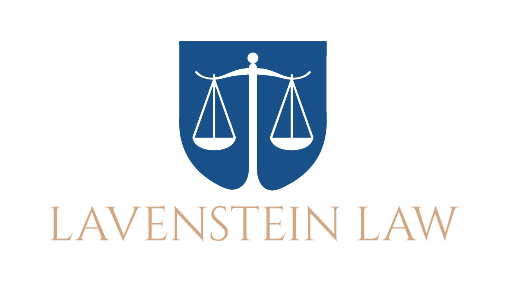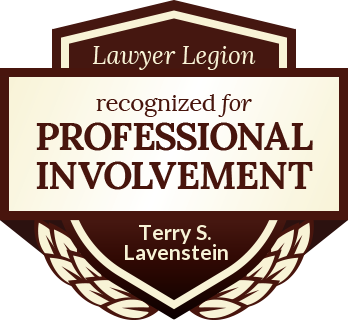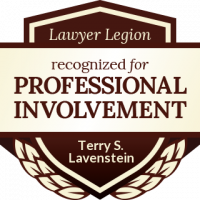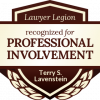By: Moseley M Matheson
[ad_1]
Whether facing a criminal trial or civil trial in the United States, each has basic rules of evidence which must be adhered to. One of the most confusing and complicated rules is known as the Hearsay rule. This rule applies to testimony and some physical evidence which is being presented during trial. The Hearsay rule provides limitations on what testimony and/or evidence can be presented at trial by a witness. Additionally, though not covered in this article, the Hearsay Rule has many exceptions whereby prohibited testimony and/or evidence is still permitted even though those statements qualify under the Hearsay rule.
Hearsay statements are prohibited at trial mainly due to the fact that the truthfulness of the statement cannot be determined by the court. When someone testifies as trial, the Judge and/or Jury can make a determination as to whether the witness is being truthful by observing them during their testimony. Additionally, the opposing party can attack the credibility of the statement and/or the witness to try and cast doubt on the truthfulness of the statement. A hearsay statement does not afford the court this ability to test the veracity of the statement and therefore is normally not permitted.
Hearsay is defined in the Federal Rules of Evidence as “A statement, other than one made by the declarant while testifying at the trial or hearing, offered in evidence to prove the truth of the matter asserted.” A more common, and arguably clearer, definition is “An out-of-court statement made by a third party being offered to prove the truth of the mattered asserted.” Basically, hearsay is a statement made by a third party, being presented at trial by a witness who is not the original declarant. The statement in question is being offered as evidence to prove the assertion of the statement itself. This can be a complicated concept, but it is easily broken down into two categories; out-of-court statement made by a third party and a statement which is offered to prove the truth of the matter asserted. Below are a couple of examples to attempt to clarify the distinction of when a statement is hearsay or not.
An example would be a case where John Doe attempts to testify at his criminal assault trial as to the statement made by Joe Smith. The statement Joe Smith made was “I saw John Doe at home during the time Jim Black was assaulted in the bar”, and the statement was made at a party. John Doe wants to bring Joe Smith’s statement in to prove he didn’t commit the assault. This is an out-of-court statement since Joe was at a party when he made the statement. It is being offered to prove the truth of the matter asserted because John is trying to use Joe’s statement as proof that he was at home at the time of the assault.
Conversely, if John Doe wants to bring in Jim Black’s statement that Jim said “John’s mom was a prostitute” and that’s why Joe hit Jim, then that would not be hearsay. Though this is still an out-of-court statement, Joe is not attempting to bring in the statement to prove the truth of the matter asserted (that his mother is a prostitute) rather he wants to bring in the statement to provide an explanation as to why he hit Jim Black.
Hearsay is a complicated concept and is too broad a topic to fully cover in one article (or several). For advice regarding your particular legal matter, speak with a local attorney practicing in the area of your case.
[ad_2]
Source
